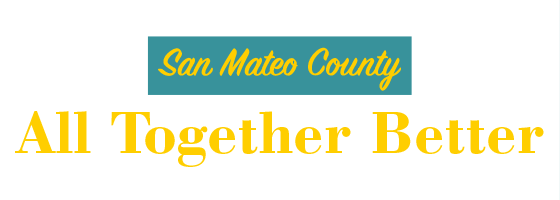Promising Practices
The Promising Practices database informs professionals and community members about documented approaches to improving community health and quality of life.
The ultimate goal is to support the systematic adoption, implementation, and evaluation of successful programs, practices, and policy changes. The database provides carefully reviewed, documented, and ranked practices that range from good ideas to evidence-based practices.
Learn more about the ranking methodology.
Note: This practice has been Archived.
Filed under Effective Practice, Economy / Housing & Homes, Older Adults
Goal: The mission of the Elders Living At Home Program is to support elders in making the transition out of homeless, to provide supportive services that build on the individual abilities of elders and to help them overcome the barriers to permanent housing.
Note: This practice has been Archived.
Filed under Evidence-Based Practice, Education / Childcare & Early Childhood Education, Children, Older Adults, Racial/Ethnic Minorities, Urban
Goal: The goal of Experience Corps is to improve the cognitive, physical, and psychological function of retired senior citizens while simultaneously employing their free time to help narrow the achievement gap in urban, low-income elementary schools
Note: This practice has been Archived.
Filed under Evidence-Based Practice, Health / Immunizations & Infectious Diseases, Adults, Racial/Ethnic Minorities
Goal: The goal of Focus on the Future is to reduce STD reinfections among young African American heterosexual males through correct and consistent condom use.
Note: This practice has been Archived.
Filed under Good Idea, Health / Alcohol & Drug Use, Teens
Goal: The goal of this program is to help girls in middle school (ages 11-14) acquire knowledge, skills, and support systems to avoid substance abuse.
Impact: In 2016, independent evaluation of PEERsuasion failed to find evidence that Friendly PEERsuasion was effective in delaying or reducing girls’ use of ATOD or changing girls’ attitudes toward ATOD use and their associations with peers who use substances.
Note: This practice has been Archived.
Filed under Evidence-Based Practice, Health / Children's Health, Children
Goal: The main objective of Growing Healthy is to give students the tools to resist the social pressures to smoke, use alcohol or other drugs, and engage in other risky behavior.
Note: This practice has been Archived.
Filed under Evidence-Based Practice, Health / Adolescent Health, Teens, Racial/Ethnic Minorities, Urban
Goal: To increase consistent condom use among low-income African American young adults.
Note: This practice has been Archived.
Filed under Effective Practice, Economy / Housing & Homes, Rural
Goal: Homeward Bound of Marin's mission is to address and solve the homelessness problem in Marin County.
Note: This practice has been Archived.
Filed under Good Idea, Economy / Housing & Homes, Adults, Families, Urban
Goal: InnVision's mission is to empower homeless and at-risk families and individuals in finding a permanent home by offering various levels of housing and day programs in a safe and supportive environment that promotes self-worth and independent living.
Note: This practice has been Archived.
Filed under Evidence-Based Practice, Health / Heart Disease & Stroke, Adults, Older Adults
Goal: The goal of this program is to provide risk factor management training and services to individuals with cardiovascular disease.
Impact: Intervention participants had significantly fewer cardiovascular events than patients who received usual care (4.1% vs. 15.7%, p = 0.053). Reduced hospitalization and emergency room expenses resulted in a gross cost savings of $1,418 per patient.
Note: This practice has been Archived.
Filed under Evidence-Based Practice, Health / Children's Health, Children, Teens
Goal: The goal of KYB is to teach students the necessary knowledge, attitudes, skills, and experience to practice positive health behaviors and reduce their risk of future illness.
Impact: Studies suggest that the program had a favorable impact on many risk factors, such as systolic and diastolic pressures, HDL cholesterol, ratio of total to HDL cholesterol, fitness (postexercise pulse recovery rate), and smoking.

